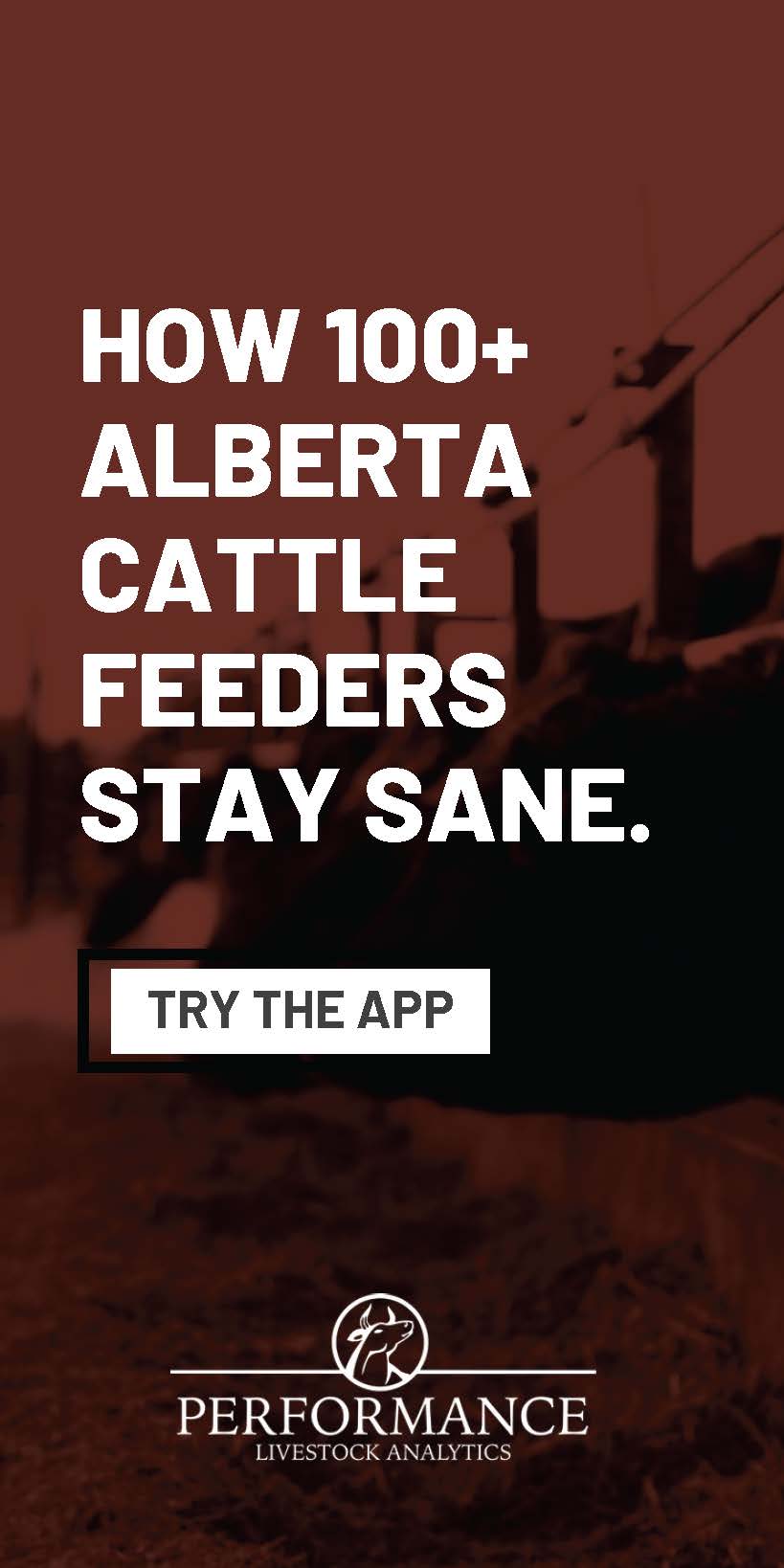It’s been said that organic foods are the biggest consumer scam ever perpetrated on a gullible public. Consumers, through crafty marketing innuendo, have come to believe that anything labelled organic is safer and healthier. I am sure some naïve consumers and green ideologues still believe that fallacy, but most common sense consumers now realize that organic food is nothing more than expensive designer lifestyle food. One hopes such common sense will also prevail in another food promotion scheme that is being perpetrated by the A&W fast food chain and other niche food retailers. It’s a marketing approach based on a promotion angle that through innuendo implies that beef hamburgers sold by competitors are suspect and may be unsafe because they may contain added hormones or steroids. There isn’t a shred of scientific basis to the A&W marketing inference, but then all is fair in the competitive war of selling hamburgers. It’s not a unique sales approach – consumers are bombarded daily with dubious advertising schemes for every kind of widget, product or political cause. The difference in this case is that the A&W campaign is perceived as not just disparaging a competitive brand, but an entire food production sector.
There is no expectation that the mainstream media will be pointing out the dubious premise of the A&W marketing ploy. In many cases there is a vested media interest in not attacking a significant advertiser. Unfortunately the reality is that many urban media editors and broadcast producers want to believe this sort of disparagement against modern food production practices, particularly for beef. Allegations and condemnations make headlines, it’s just human nature. Those pushing the anti-hormone/antibiotic marketing angle make grandiose statements that they are only responding to consumer demand on the issue. That’s nothing more than self-serving bull fudge. Advertising strategists are masters at manipulating human perceptions. Case in point – A&W TV commercials show happy consumers chowing down burgers who are led to believe that they taste good because they don’t contain hormones or steroids. Advertising spin masters must chuckle with that scenario – they all know that if you give a consumer something free in a staged setting you are bound to get a positive response. Those same gullible consumers would have had the same response if they were told their burgers did not contain sawdust. One ponders what those consumers on the TV ads would say had they been told that their burgers were made mainly from low grade manufacturing type beef from far away Australia. I expect they would still respond somewhat positively because the burger was free, but their enthusiasm may be a lot more subdued.
Besides the negative advertising angle, country of origin is the underlying basis to the A&W marketing advantage. Most producers would be aware that much of the beef used by A&W comes from Australia – the main driver being that it is much cheaper than Canadian beef. Sure they claim that they buy beef from a few Canadian and US ranches, but it is tokenism at best. Industry sources claim that up to 90% of A&W hamburger beef is Australian. Interestingly, it’s been reported that the A&W beef supplier buys fat and trim from American sources in order to upgrade the quality and texture of the Australian beef in making their hamburger patties. This brings up the topic of testing to confirm A&W claims about hormones and steroids. Does A&W have an independent testing program that regularly tests to ascertain any levels of hormones, steroids and antibiotics in the beef, trim and fat that is used in making their hamburger patties? Have they established threshold standards for hormone levels, being all meat already contains naturally occurring hormones? The company makes no claims about their beef being tested regularly for any offending additives. I suspect their approach towards the issue is similar to what occurs in the organic food marketing business.
Virtually no organic food products are tested for chemical residues – that’s because the organic lobby has successfully lobbied that they not be subjected to a compulsory testing program in order to make their quality claims. The organic industry is just being practical – random tests have shown that a high percentage of organic food products contain banned substances. A compulsory testing program would only make that worse and that would be bad for business. Their certification process involves superficial process audits and promises by the grower. I expect this is the same process that A&W follows in making their claims about hormones or steroids -that’s hardly re-assuring. Perhaps A&W needs to step up to the transparency and accountability plate and initiate a robust testing program to back up their promotion claims.
Now if the A&W burger promotion scheme was confined to being just another small company’s marketing effort, it would not have become an industry issue. Unfortunately the no hormone/steroid/antibiotic marketing approach is expanding to other players in the fast food and restaurant business. To be fair A&W did not start the trend – they were just the first to make it the centrepiece of their food marketing campaign. To meet the A&W marketing challenge and follow the trend, big dogs like McDonalds, Walmart and others are looking for ways to make the same claims. That’s bad news for beef producers as it will make cattle husbandry and feeding less efficient and more costly if growth additives and antibiotics are banned. The fallout will be that cattle will have to be fed longer requiring more inputs like feed, energy, and water, all of which make more demands on the environment. Many of those increases will cause more emissions including more methane emissions from cattle flatulence. You could extrapolate that negative impact into an ironic slogan, “Boycott A&W hamburgers and you could save the planet”. There shouldn’t be anything wrong with that promotion perception – after all it’s just marketing.
Finally, wouldn’t it be a great leap forward if retailers required all their beef products to go through a food safety procedure that would actually save lives and reduce food borne illnesses. I refer to irradiation, a cold pasteurization process. But I expect such a leap would be too much to expect when selling an illusion is better for business.




